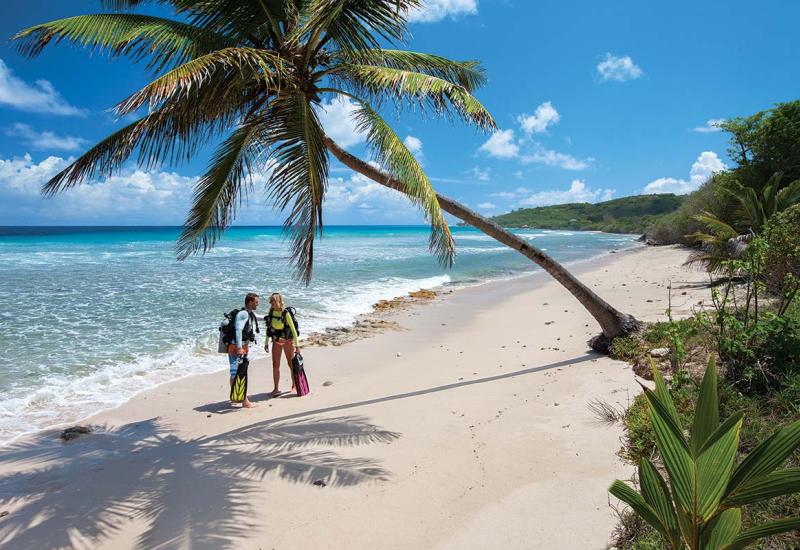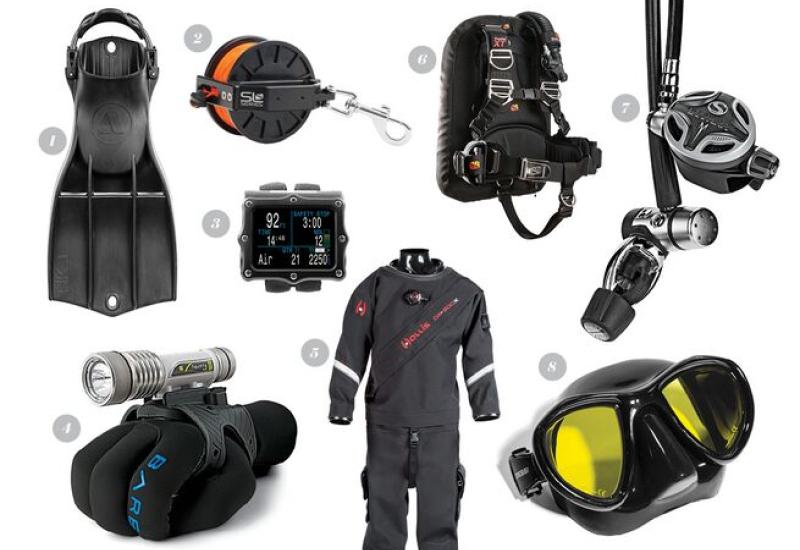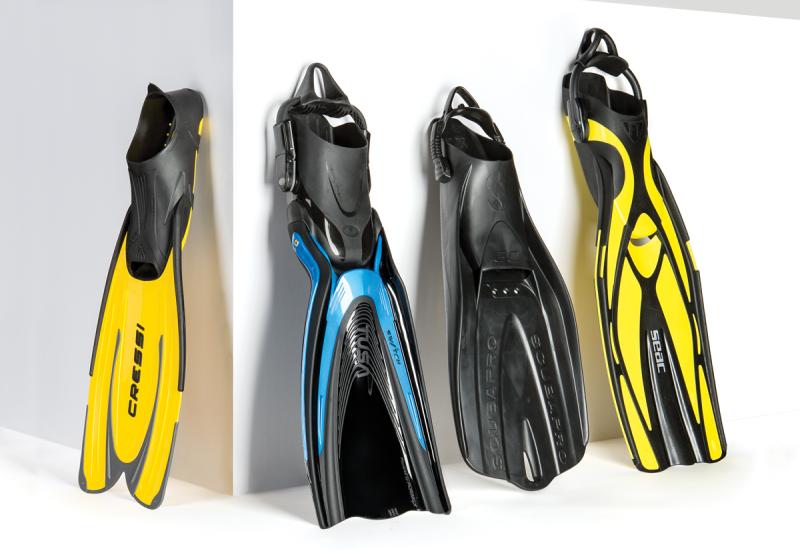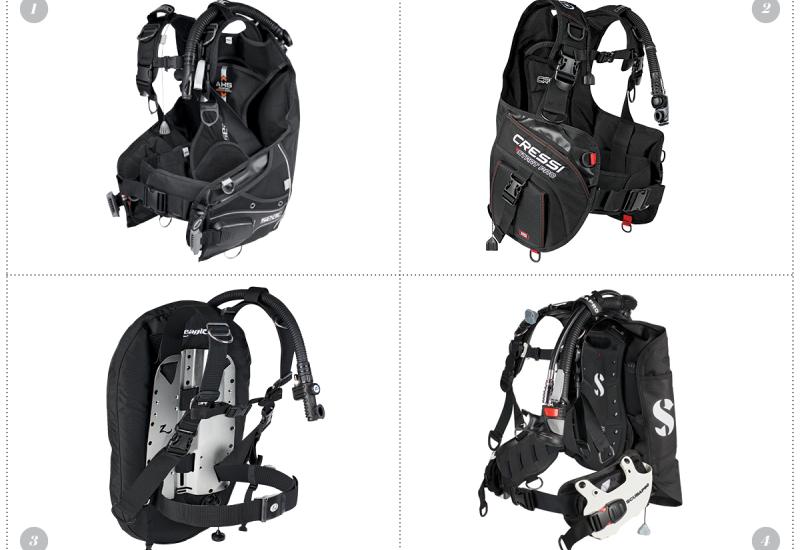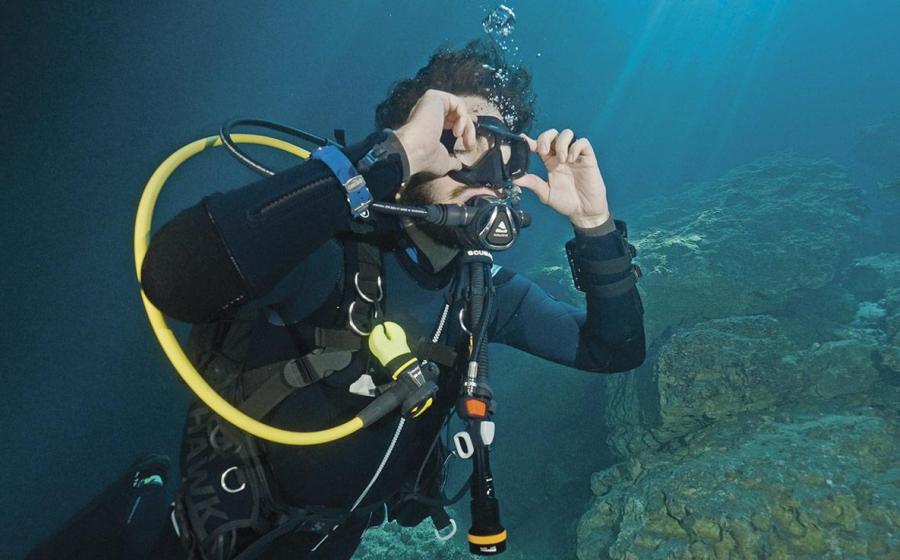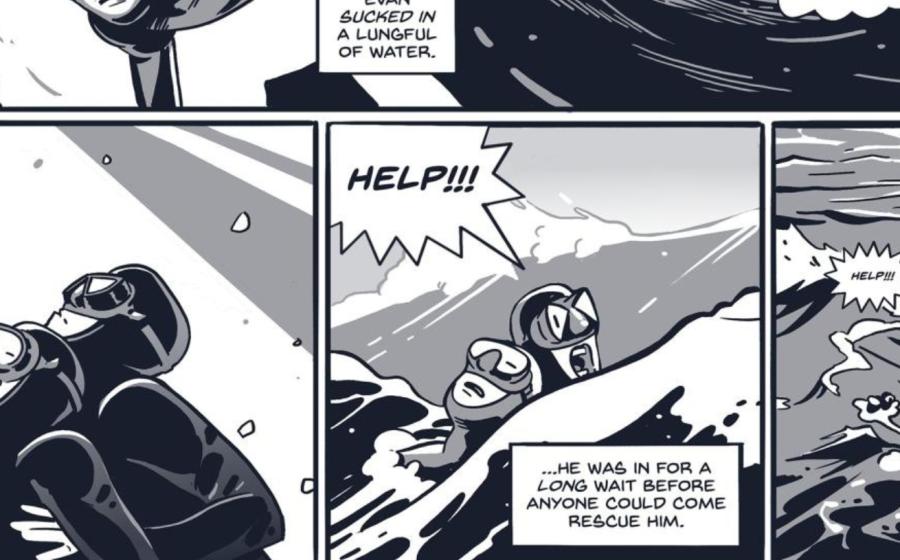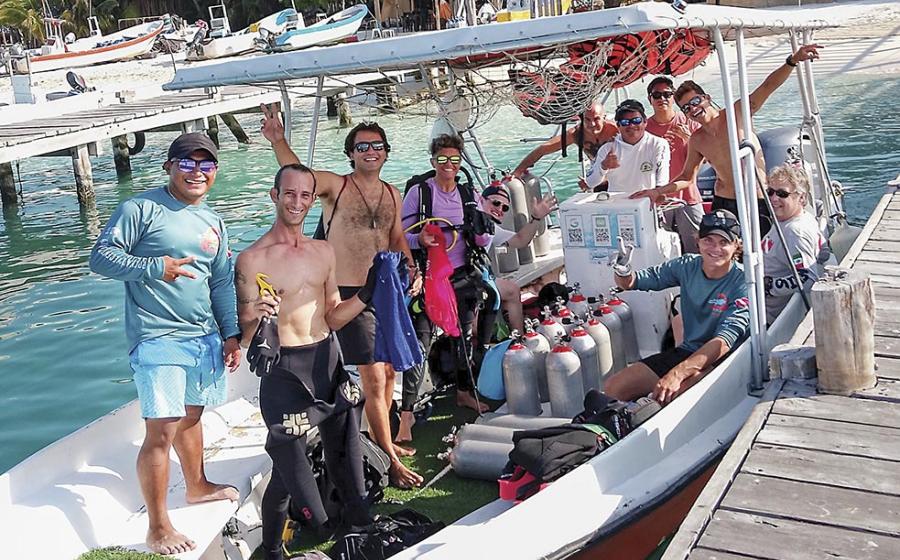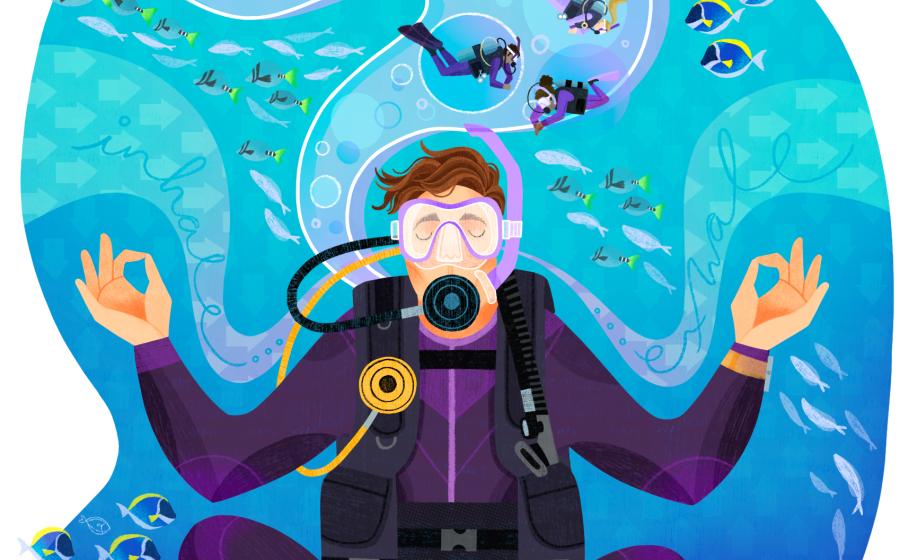Best Scuba Diving Gear for Wreck Diving
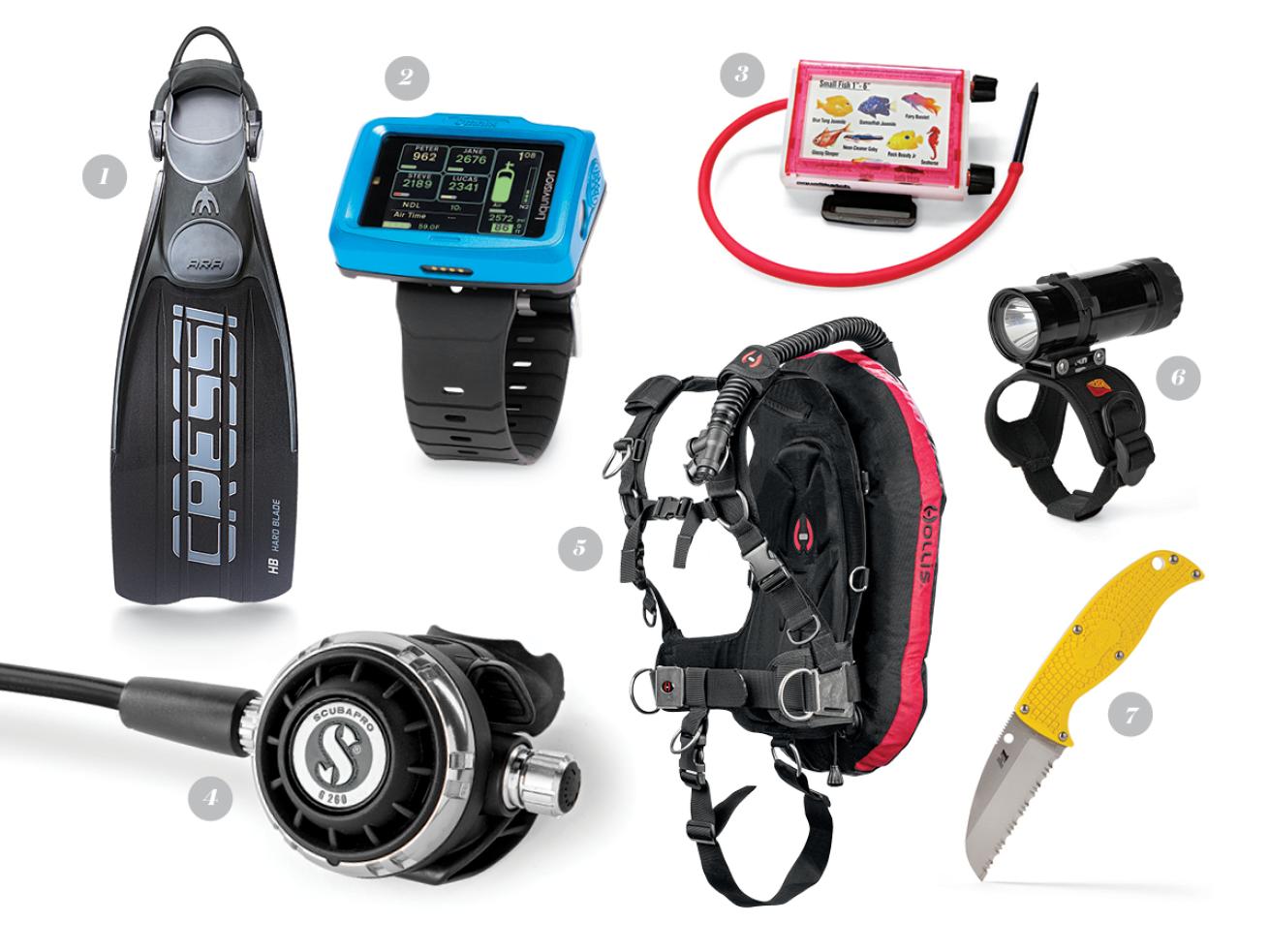
Chelsea Pomales; Zach Stovall; Courtesy PhotosWreck Diving Wreck dives can be exhilarating – and challenging. You’ll need the right tools to get the most out of them.
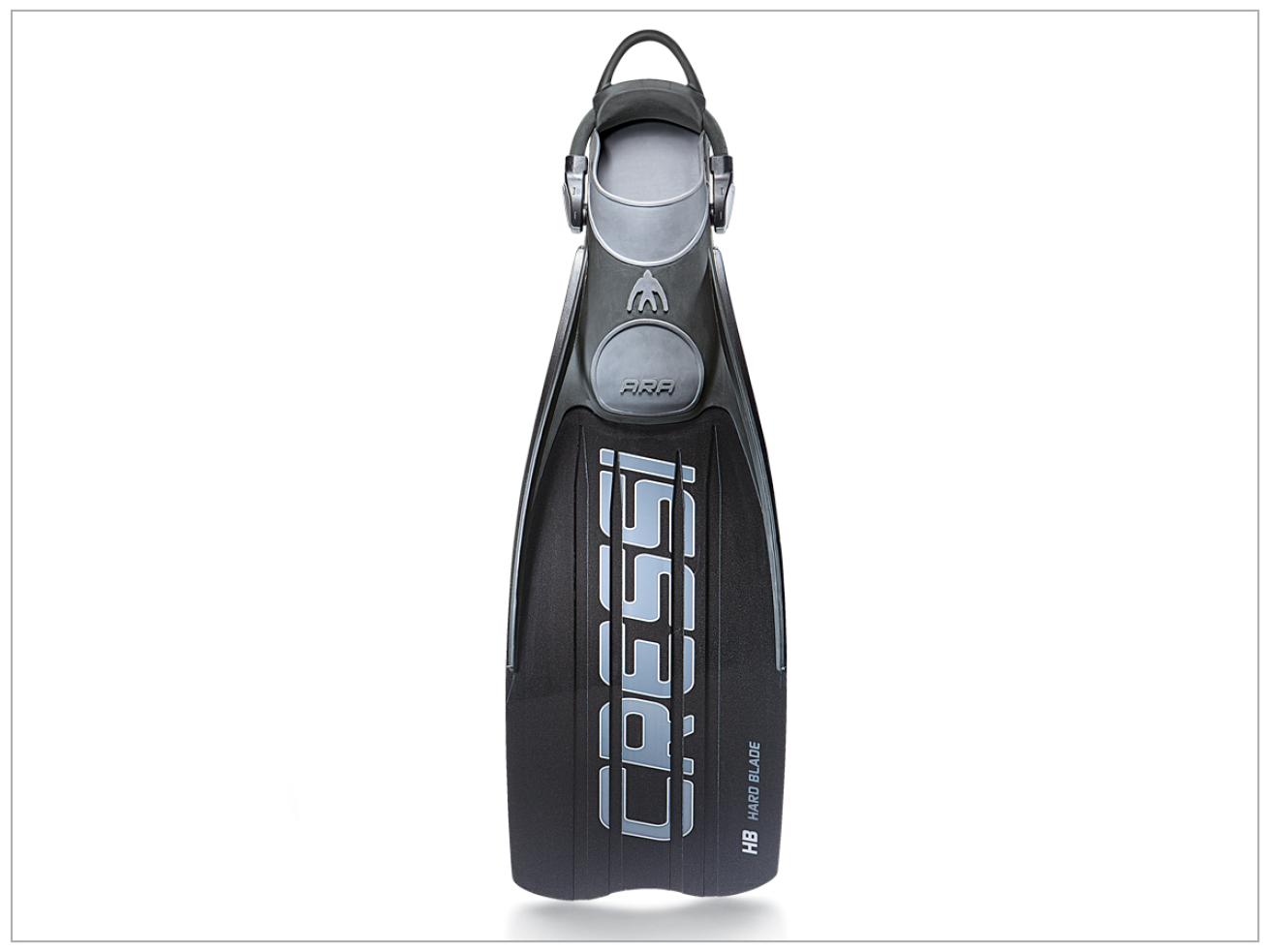
Zach Stovall1. Cressi Ara EBS
Designed with a slightly larger foot pocket to accommodate cold-water boots, the Ara has a wide profile and is available in hard- or softblade versions. $169.95; cressiusa.com

Courtesy Liquivision2. Liquivision Omnix
The Omnix has a vibrant LCD display that’s easy to read whether in bright sunlight or dark, low-viz conditions. Its ultrasound technology allows you to monitor gas pressure and location of up to nine other divers. $1,299; liquivision.com

Courtesy aquaSketch3. aquaSketch Minno
This space-age slate makes standard slates obsolete. It comes with 5 feet of indestructible mylar drafting film so you’ve got loads of room for notes and maps. $49.95; aquasketch.com
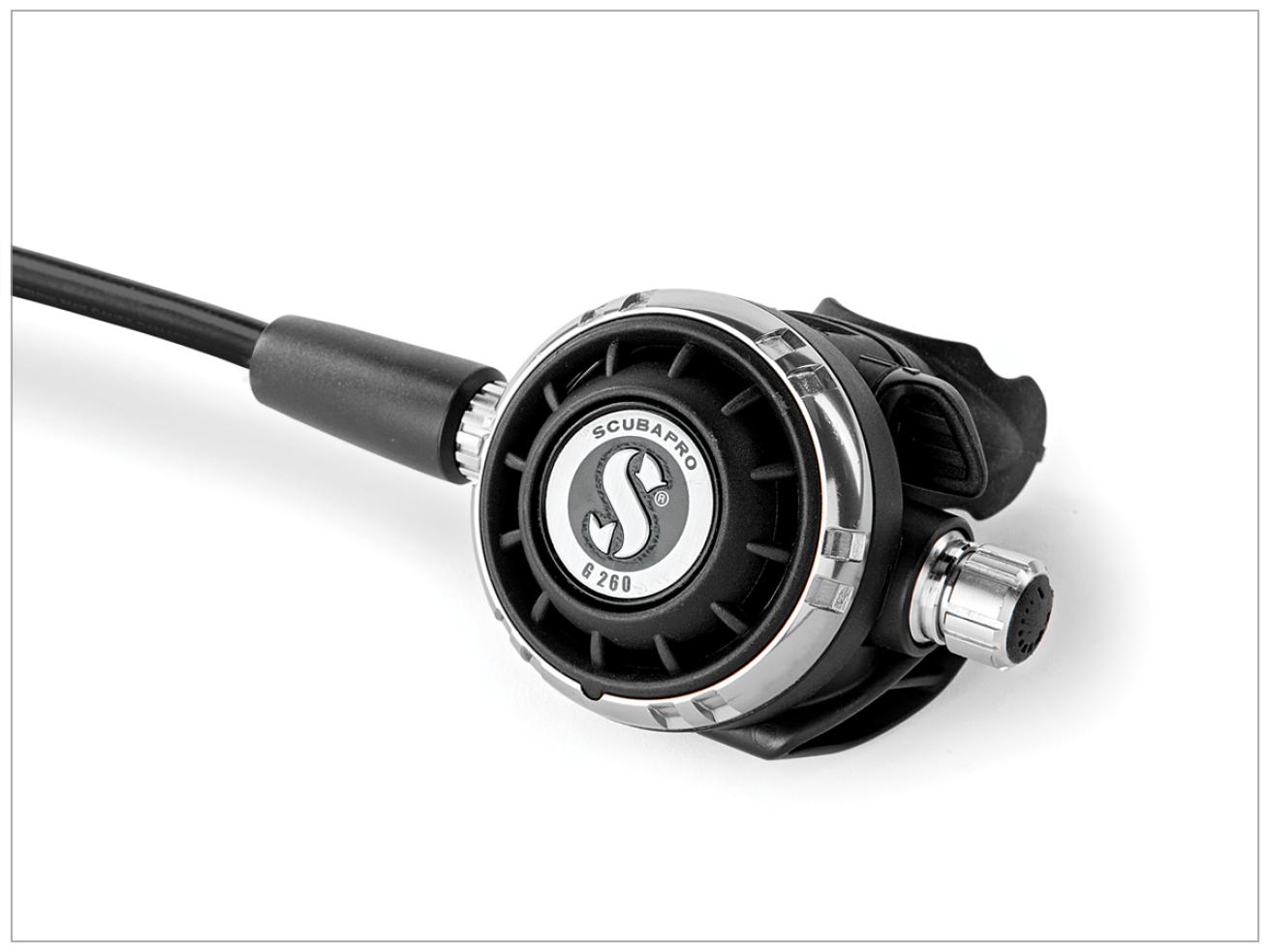
Chelsea Pomales4. Scubapro MK25 EVO/G260
A top performer in ANSTI breathing simulator tests far beyond rec depths and breathing rates, this reg has topnotch Venturi and breathingresistance controls and a rugged, lightweight second stage. The first stage has been upgraded for improved cold-water performance. $715; scubapro.com
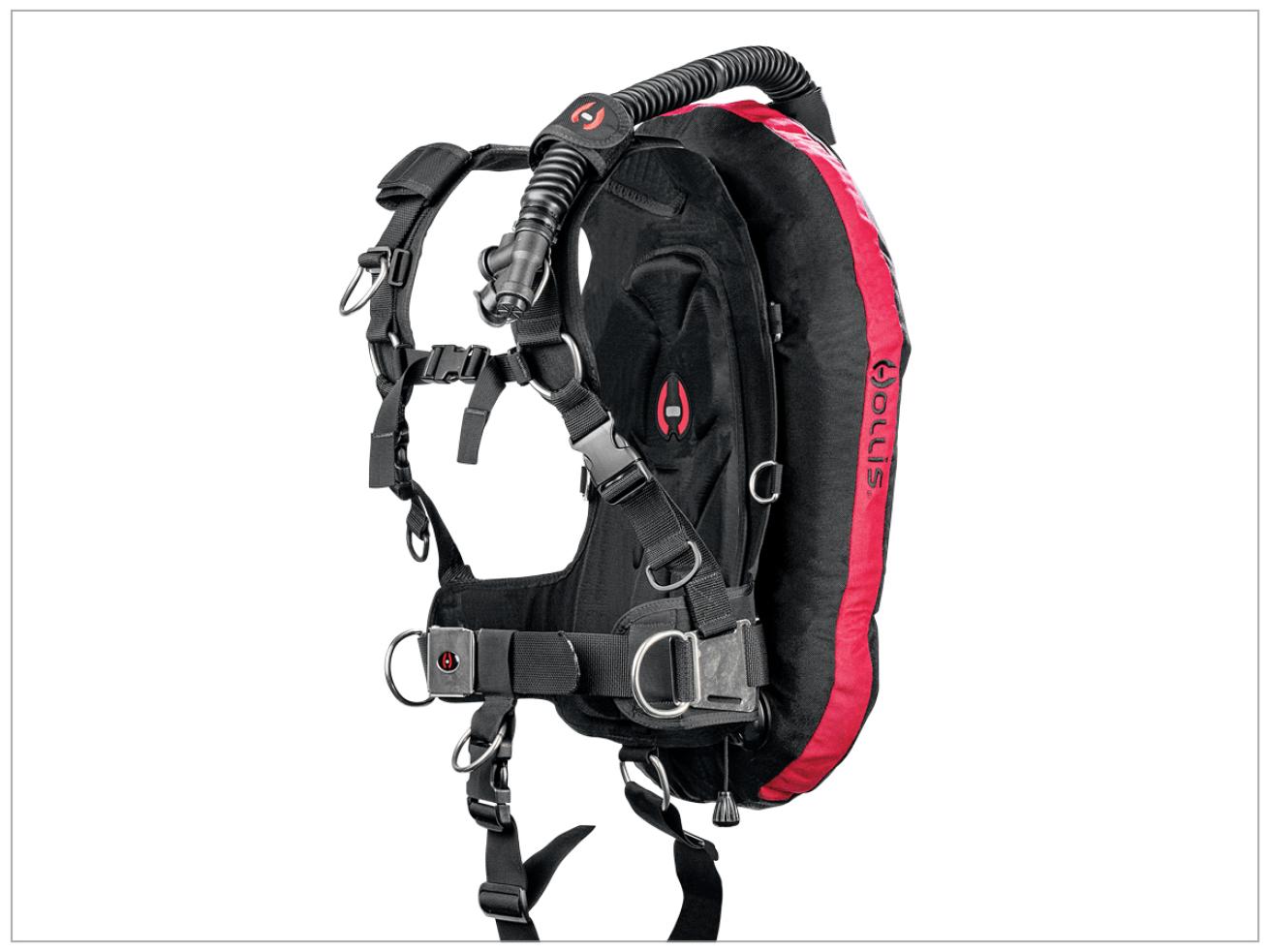
Courtesy Hollis5. Hollis HTS 2
This streamlined modular harness system can be configured with single or double tanks, a 25- or 38-pound lift wing and optional integrated weights. $349.95; hollis.com
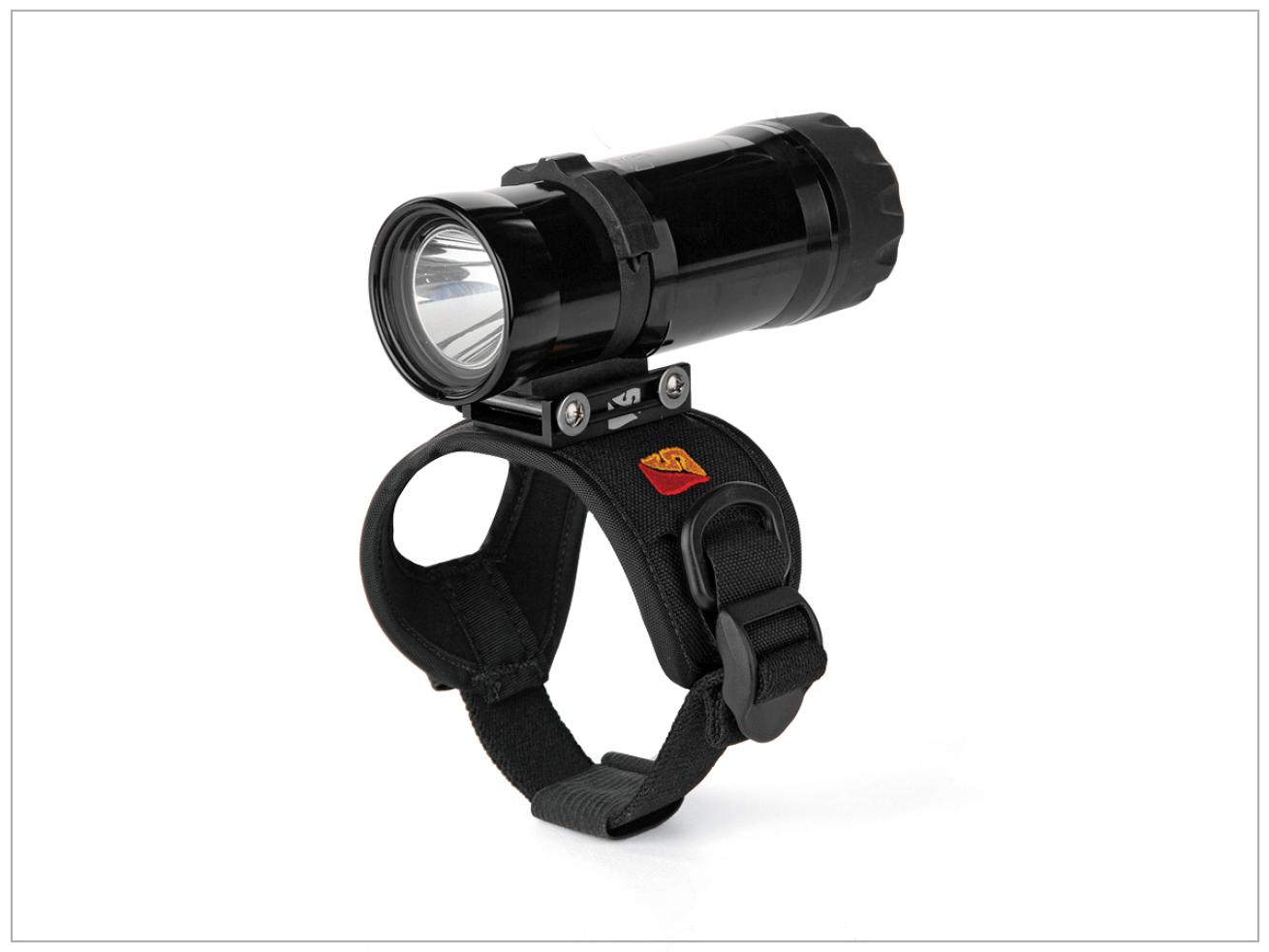
Chelsea Pomales6. Dive Rite LX20 Primary Light
Less than 6 inches long, the LX20 has the power of a canister light without the cable and can. Rated to 500 feet, it burns four hours per charge on high power. $699; diverite.com
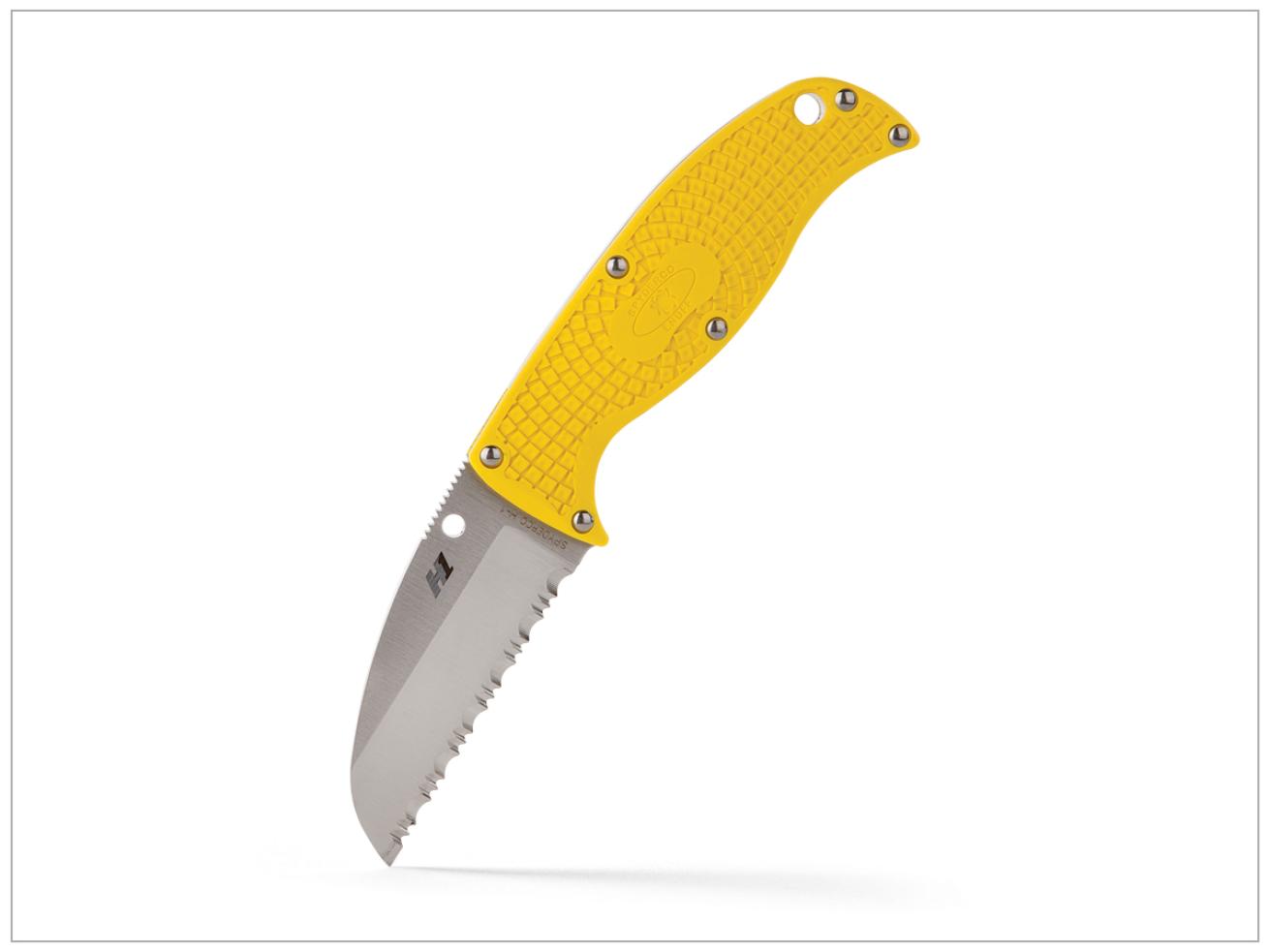
Courtesy Liquivision7. Spyderco Enuff Salt
The heavy 2.-inch sheepfoot fixed blade is serrated for quick cutting and made of rustproof H1 steel. Its polymer sheath has a movable belt clip. $179.95; spyderco.com
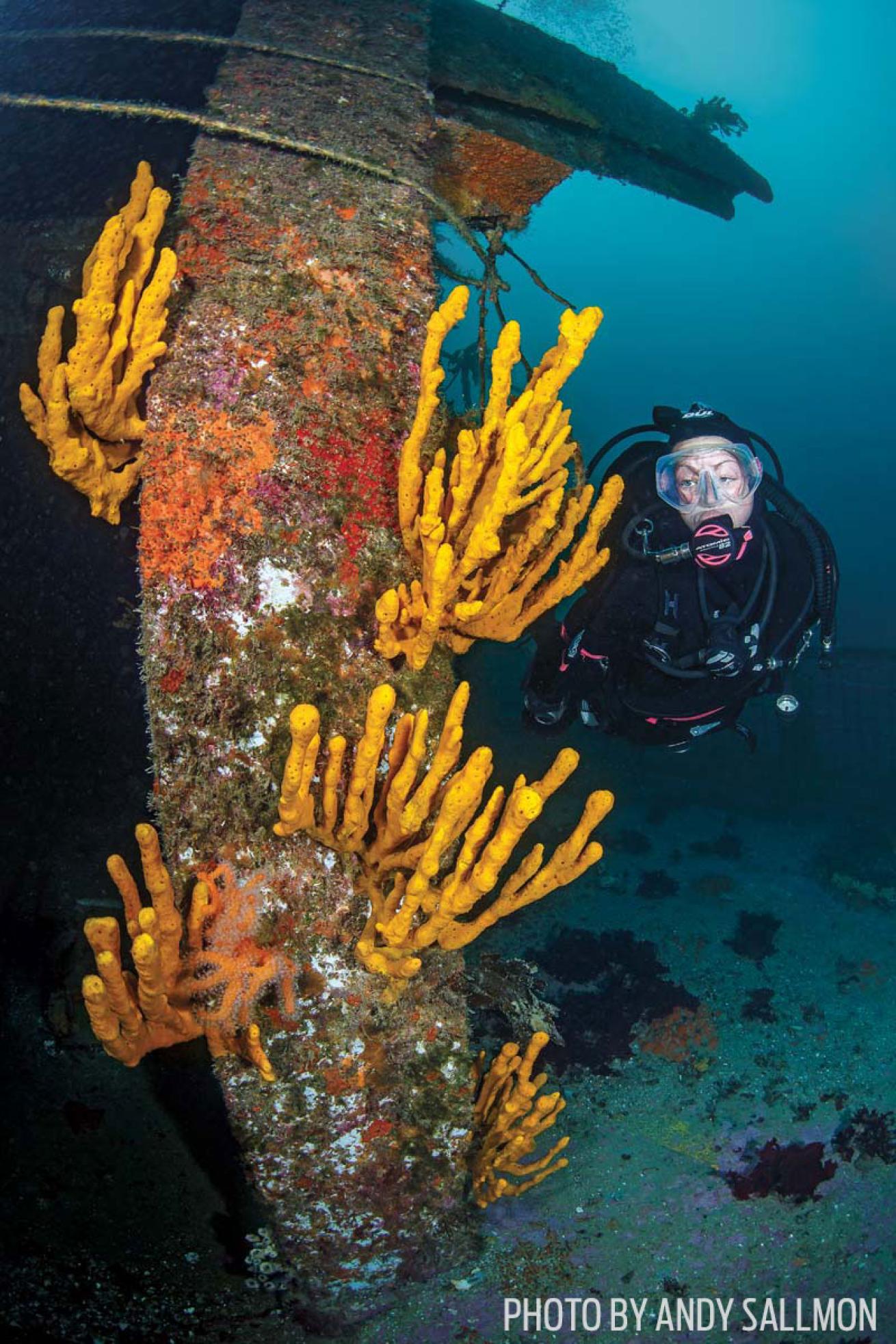
Photo by Andy SallmonUse the Current Listen carefully to the dive briefing so you know in which direction the current is running. Start your dive against it, and if possible, stay on the leeward side, where the wreck’s superstructure should offer some protection. On the way back to your starting point, drift with the water’s flow and explore the exposed side of the wreck.
To read all of Sport Diver's latest reviews of scuba-diving gear, visit the Gear section of our website.

